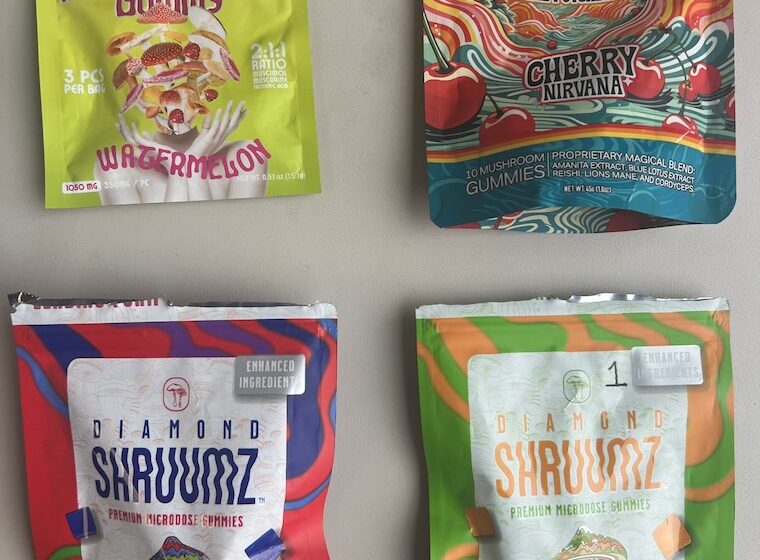After five people were sickened, including a 3-year-old child, our Blue Ridge Poison Center analyzed mushroom gummies sold in local gas stations and smoke shops and found they contained dangerous, illegal hallucinogens not listed on the label.
These types of gummies are commonly marketed as "nootropic," or improving brain function. Some claim, or at least imply, that they have psychedelic properties -- legal highs, essentially. But three of the five brands we tested contained psilocybin or psilocin, hallucinogens illegal at both the state and federal level. (The federal government classifies the drugs as "Schedule I," meaning they have no known medical use and high risk of abuse.)
Other undisclosed ingredients included caffeine, ephedrine and kratom, an herb that produces opioid-like effects and can cause addiction.
“People tend to equate ‘legal’ with ‘safe,’ which is not necessarily the case. These products are not regulated and can contain any number of unlabeled substances which, when consumed, can cause undesired symptoms,” warned Avery Michienzi, DO, the poison center’s assistant medical director. “Some packages will have QR codes showing that the products were tested in a lab and contain only what they are labeled to contain. These have been found to be inaccurate.”
It's important to note that investigators were not able to purchase the exact brands of mushroom gummies the sickened patients had taken. Instead, they bought three brands with the same listed ingredients and two other brands that claimed to contain “mushroom nootropics.”
“While we anticipated that we might find some undisclosed ingredients, we were surprised to find psilocybin and psilocin knowing that they are scheduled drugs,” said Lindsay Bazydlo, PhD, the medical director of UVA Health's Toxicology Lab. “The consumer should be given accurate information about what substances are included in these products.”
